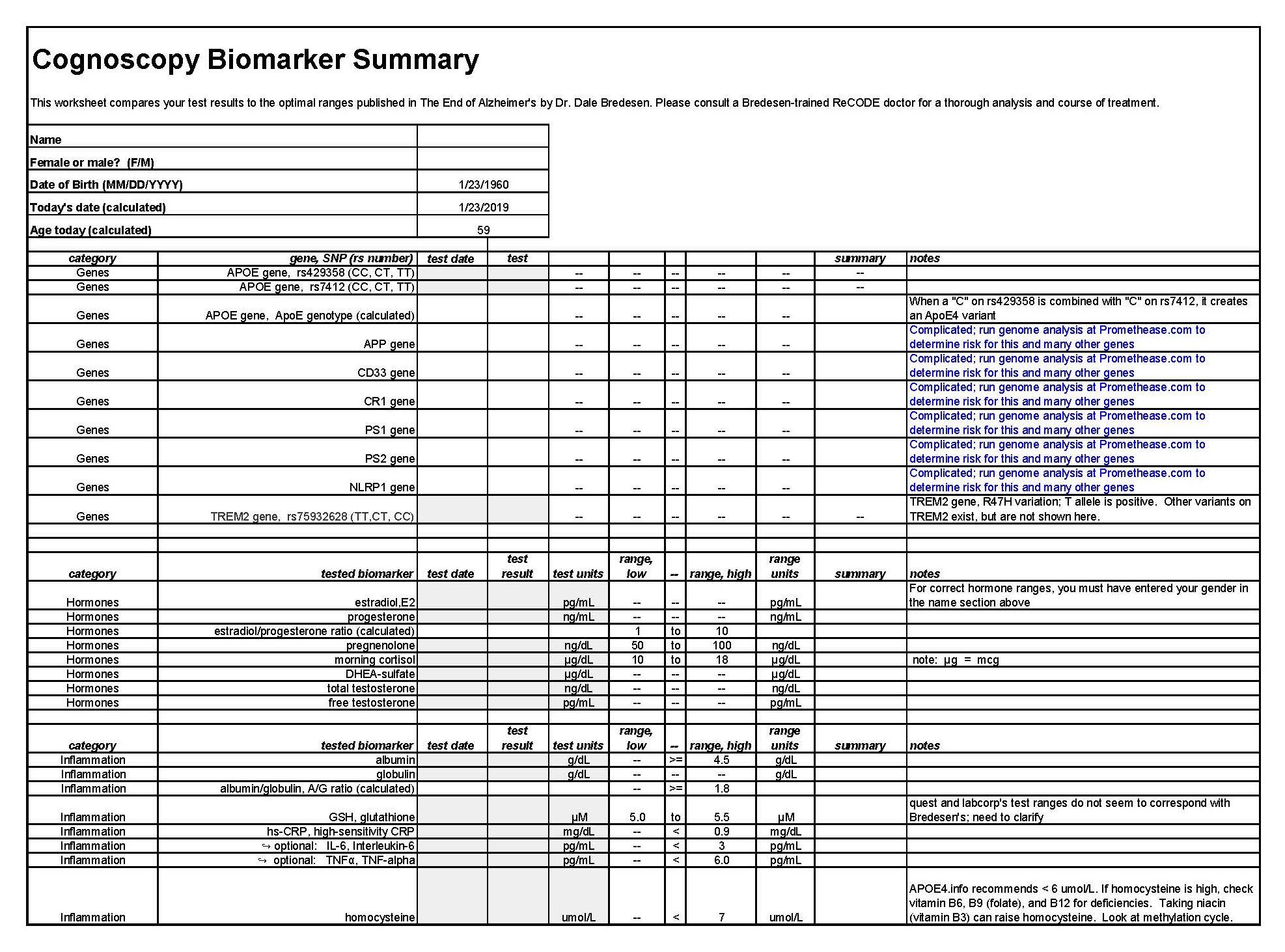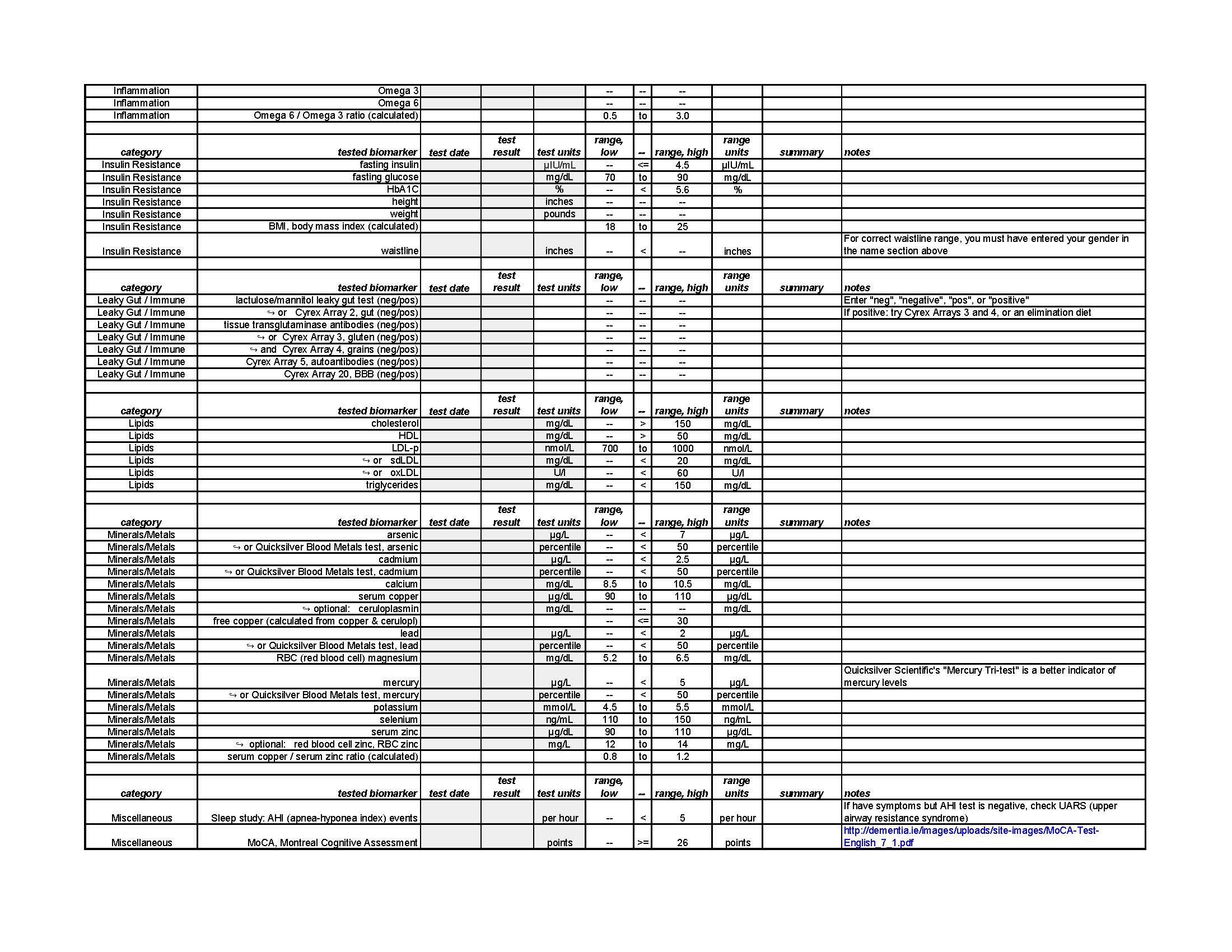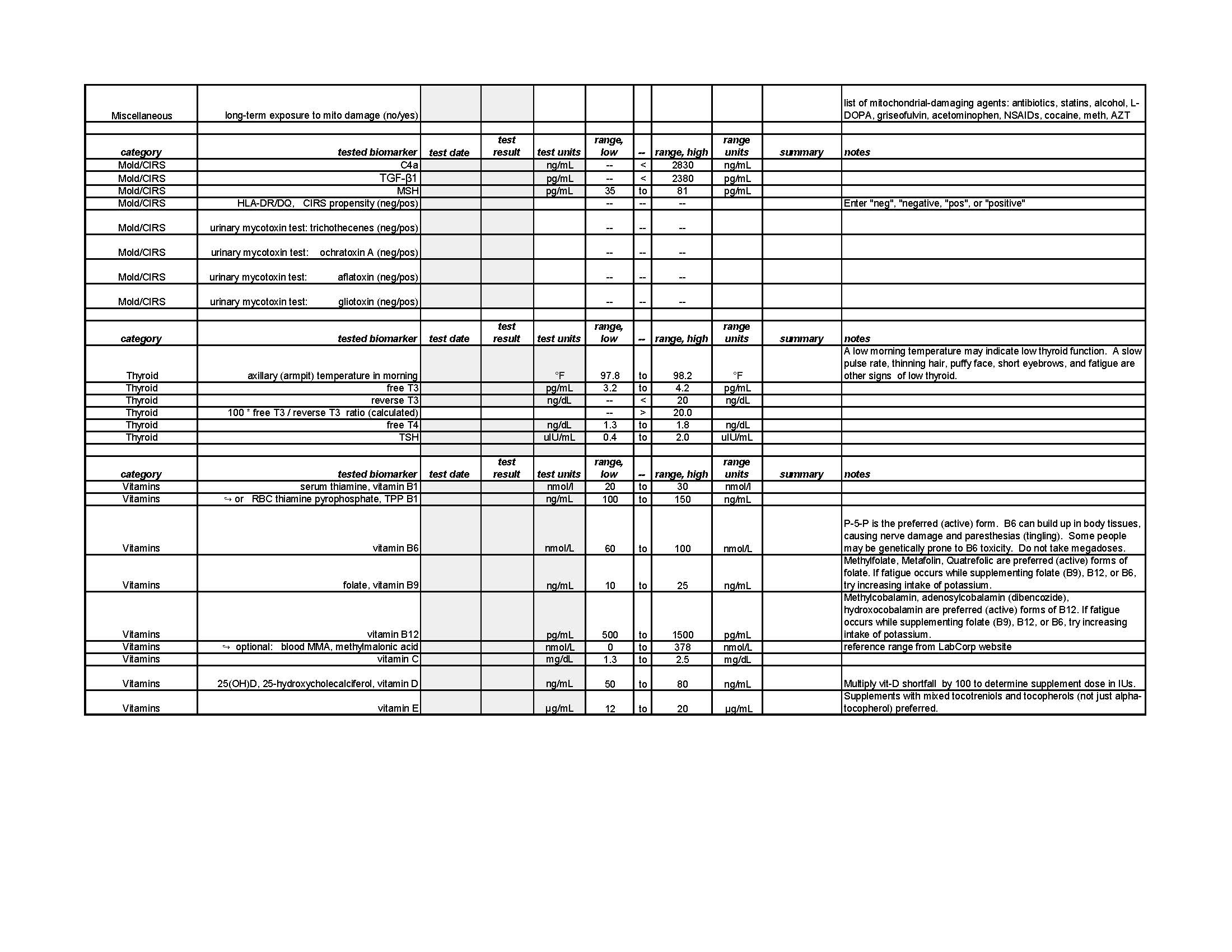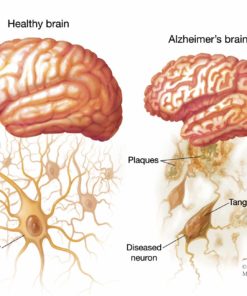
The Bredesen Protocol and Cognoscopy Lab Test: Pioneering the Treatment of Alzheimer's
Receiving an Alzheimer's diagnosis can be devastating. Traditional medical approaches often focus on single-faceted treatments, neglecting the multifactorial nature of Alzheimer's disease. In contrast, neurologist Dr. Dale Bredesen, author of "End of Alzheimer's," offers a comprehensive, twenty-first-century solution - the Bredesen Protocol.
Who is Dr. Dale Bredesen?
Dr. Dale E. Bredesen is a renowned researcher and professor specializing in Alzheimer's disease and neurodegenerative conditions. With over 200 research papers under his belt, he has significantly contributed to the field. His groundbreaking MEND protocol has shown promise in reversing Alzheimer's disease symptoms. Currently, Dr. Bredesen serves as the director of the Easton Center for Alzheimer's Disease Research at UCLA.
What is the Bredesen Protocol?
The Bredesen Protocol is a personalized strategy aimed at preventing and reversing cognitive decline through a two-step process - PreCODE and ReCODE. The protocol commences with the Cognoscopy Lab Panel, a set of online lab tests, and an online cognitive assessment, ideally taken by age 45. The results guide the customization of treatment plans that optimize brain health, eliminate exposure triggers leading to cognitive decline, and rebuild neural networks.
Key Aspects of the Bredesen Protocol:
- Fat Burning: The protocol recommends a three-pronged approach to begin fat burning - a plant-rich, fiber-rich, low carbohydrate diet high in healthy fats, overnight fasting for at least 12 hours, and regular exercise.
- Addressing Insulin Sensitivity: The Bredesen Protocol emphasizes restoring insulin sensitivity, crucial for neuron growth. This is achieved through the KetoFLEX 12/3 diet and lifestyle, essential nutrient optimization, regular exercise, stress reduction, treating sleep apnea if present, and supplementing with berberine, cinnamon, alpha-lipoic acid, or chromium picolinate if needed.
- Health Support: The protocol focuses on optimizing all nutrient, hormone, and trophic (growth factor) support to create resilience, optimize immune systems, support mitochondria, and begin rebuilding the brain's synaptic networks.
- Reducing Inflammation: It aims to optimize the body's use of inflammation and emphasizes minimizing chronic inflammation.
- Addressing Pathogens: Identifying and targeting chronic, undiagnosed infections that can contribute to cognitive decline is a vital part of the protocol.
- Addressing Toxin Exposure: The protocol focuses on identifying and removing toxins that can directly or indirectly lead to cognitive decline.
- Optimizing Sleep: The Bredesen Protocol recognizes that sleep optimization is crucial for maintaining cognitive health.
- Identifying Alzheimer’s Subtypes: The protocol recognizes six different subtypes of Alzheimer’s disease based on various contributing factors.
A Personalized Program for Prevention and Reversal:
The Bredesen Protocol underscores the need for a personalized program, implemented by a qualified practitioner based on individual lab and testing results. Early identification and treatment show the most significant promise in preventing and even reversing Alzheimer's disease. By identifying and targeting the various contributing factors, even down to genetics, and creating a plan for removal, resilience, and rebuilding, the Bredesen Protocol offers a groundbreaking approach to Alzheimer's treatment.
To embark on your journey towards better brain health, order your online Cognoscopy Lab Test today.
Bredesen's Lab Markers for Alzheimer's
All Cognoscopy Labs
All Cognoscopy Labs
Cognoscopy #4 – Leaky Gut / Celiac Lab Tests (Zonulin, IgA/G, tTG)
All Cognoscopy Labs
All Cognoscopy Labs
All Cognoscopy Labs
Cognoscopy Panel #3 – Testing Glucose, Lipids and Inflammation
All Cognoscopy Labs




